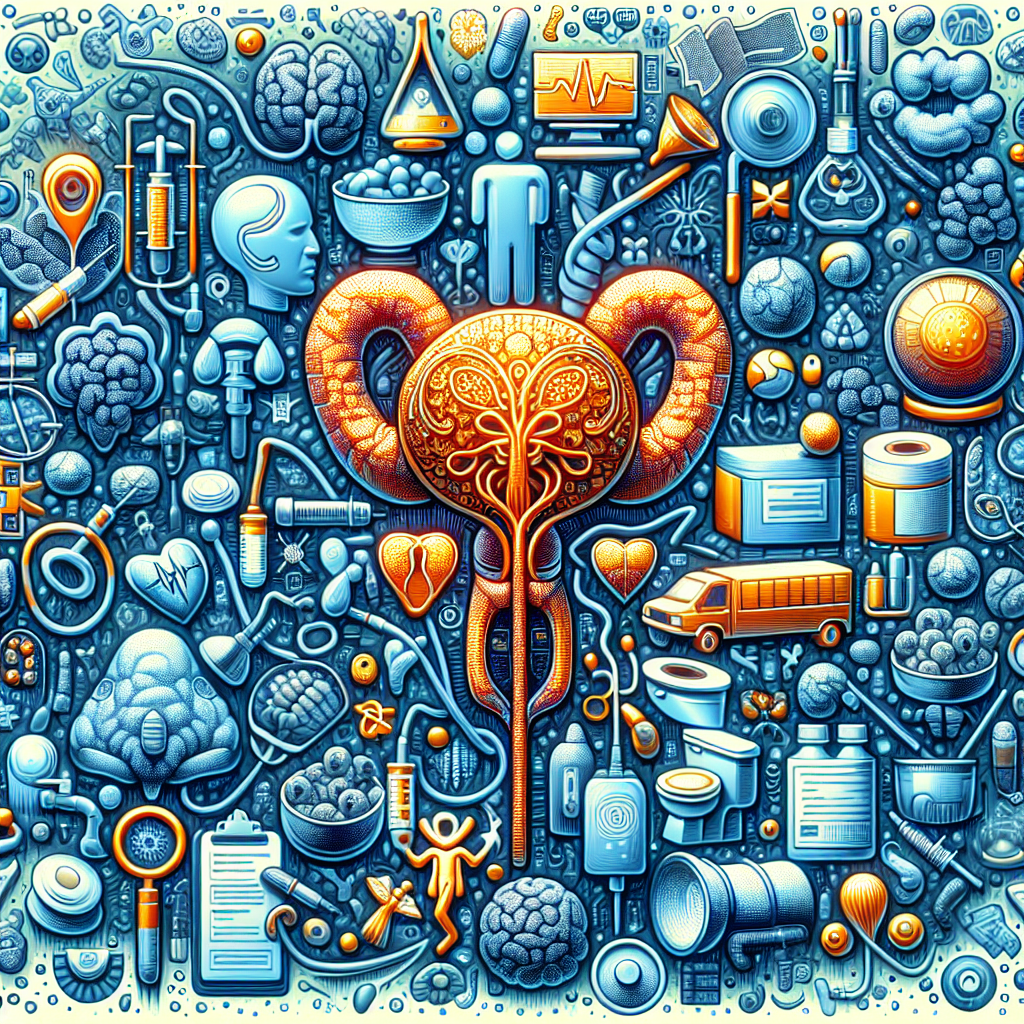Introduction
Bladder infections, also known as urinary tract infections (UTIs), can be quite common and cause discomfort and inconvenience. However, there are other conditions that can mimic the symptoms of a bladder infection, leading to confusion and misdiagnosis. It’s important to be aware of these conditions and know how to differentiate them from a bladder infection.
Table of Contents
- Bladder Infection vs. Other Conditions
- Interstitial Cystitis
- Kidney Stones
- Sexually Transmitted Infections
- Urinary Tract Cancer
- Key Takeaways
- FAQ
- Conclusion
Bladder Infection vs. Other Conditions
Bladder infections are typically caused by bacteria entering the urethra and traveling up into the bladder. Common symptoms include frequent urination, a strong and persistent urge to urinate, pain or burning during urination, cloudy or bloody urine, and lower abdominal discomfort.
However, these symptoms can also be present in other conditions, leading to a misdiagnosis. It’s important to consider other possibilities and seek medical advice if your symptoms persist or worsen.
Interstitial Cystitis
Interstitial cystitis, also known as painful bladder syndrome, is a chronic condition that causes bladder pain and urinary urgency and frequency. It is often mistaken for a bladder infection due to similar symptoms, but it is not caused by bacteria.
Interstitial cystitis can be a challenging condition to diagnose as its symptoms can come and go, and there is no definitive test for it. However, if you experience chronic pelvic pain and urinary symptoms, it’s important to see a healthcare provider who specializes in urology to rule out other conditions and determine if interstitial cystitis is the underlying cause.
Kidney Stones
Kidney stones are hard deposits that form in the kidneys and can cause severe pain when they pass through the urinary tract. The symptoms of kidney stones can be similar to those of a bladder infection, including frequent urination, pain during urination, and lower abdominal discomfort.
If you suspect you may have kidney stones, it’s important to seek medical attention. Your healthcare provider can order tests, such as a urine analysis or imaging studies, to confirm the presence of kidney stones and recommend appropriate treatment.
Sexually Transmitted Infections
Some sexually transmitted infections (STIs), such as chlamydia and gonorrhea, can cause symptoms similar to those of a bladder infection. These infections can lead to urinary symptoms, such as pain or burning during urination and increased frequency.
If you suspect you may have a STI, it’s essential to get tested and receive appropriate treatment. Untreated STIs can lead to complications and further spread of the infection.
Urinary Tract Cancer
While rare, urinary tract cancer can also present with symptoms similar to those of a bladder infection. Blood in the urine, frequent urination, and pain during urination can be signs of urinary tract cancer.
If you have persistent or unexplained urinary symptoms, it’s important to see a healthcare provider for evaluation. They can perform tests, such as urine cytology or imaging studies, to rule out urinary tract cancer.
Key Takeaways
- Bladder infections can be mistaken for other conditions due to similar symptoms.
- Conditions that can mimic the symptoms of a bladder infection include interstitial cystitis, kidney stones, sexually transmitted infections, and urinary tract cancer.
- If you have persistent or worsening symptoms, it’s important to seek medical advice to determine the underlying cause.
FAQ
Q: Can a bladder infection go away on its own?
A: While some mild bladder infections may resolve on their own, it’s generally recommended to seek treatment with antibiotics to prevent complications and ensure complete resolution of the infection.
Q: How can I prevent bladder infections?
A: To help prevent bladder infections, it’s important to maintain good hygiene, empty your bladder before and after sexual intercourse, drink plenty of water, and avoid holding in urine for long periods.
Conclusion
Bladder infections can be easily mistaken for other conditions, leading to confusion and delayed treatment. By being aware of the potential conditions that can mimic a bladder infection and seeking medical advice when needed, you can ensure proper diagnosis and appropriate treatment. Remember, your health is important, and it’s worth taking the time to understand your symptoms and seek the necessary care.




